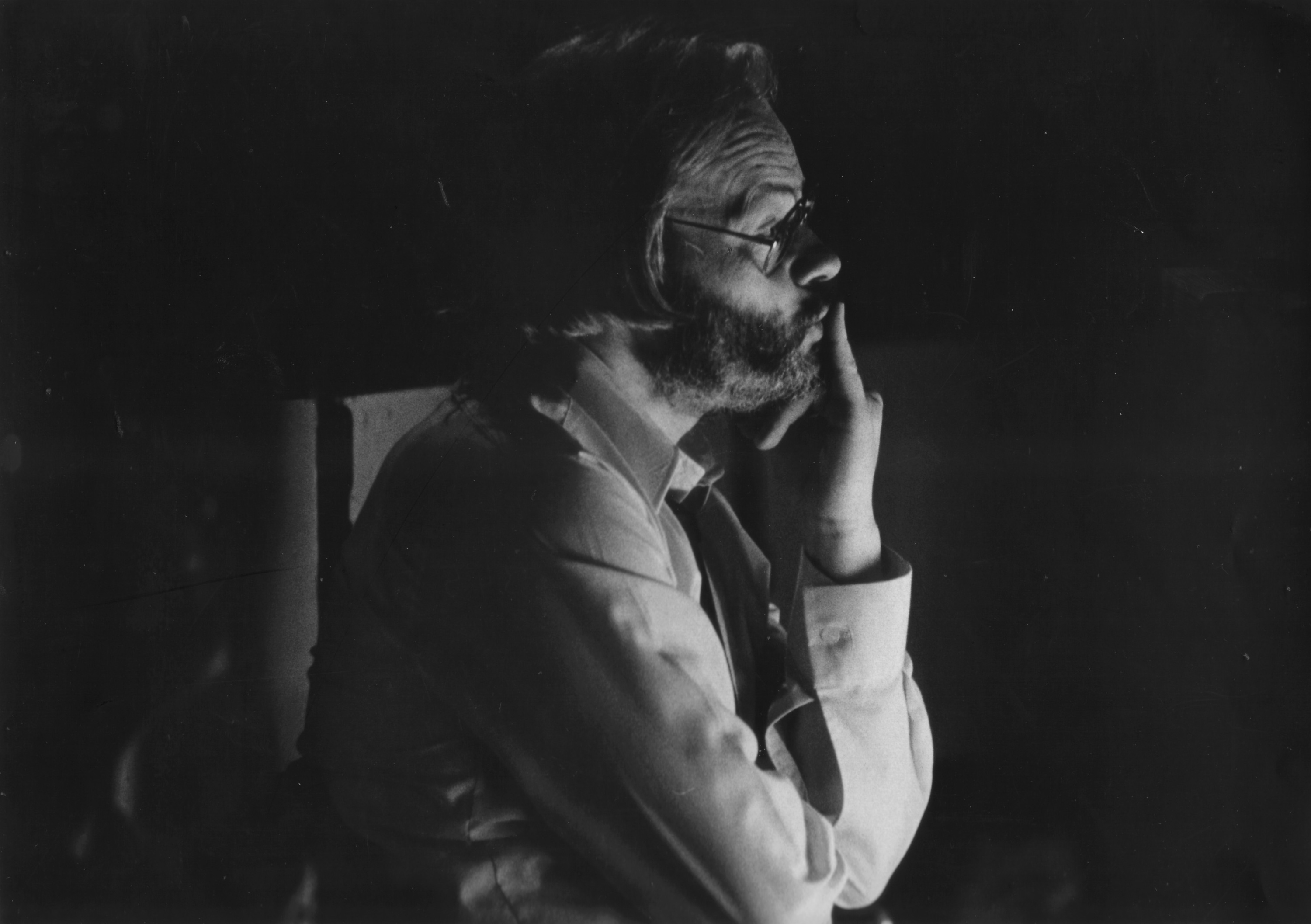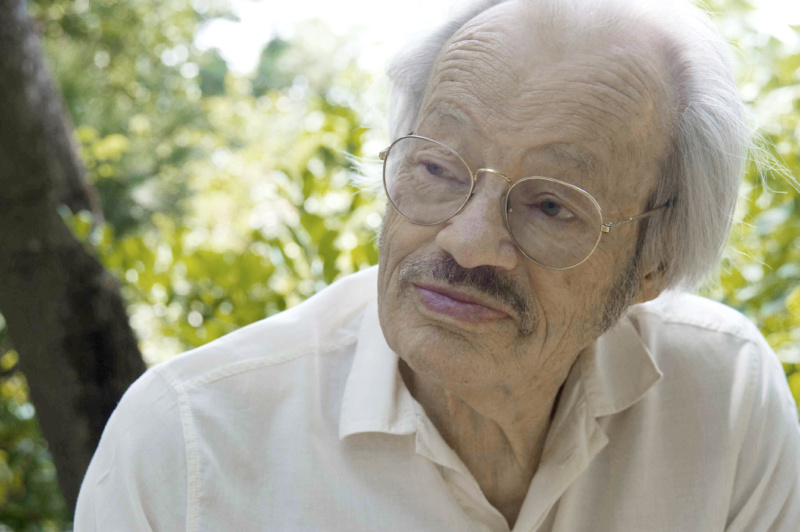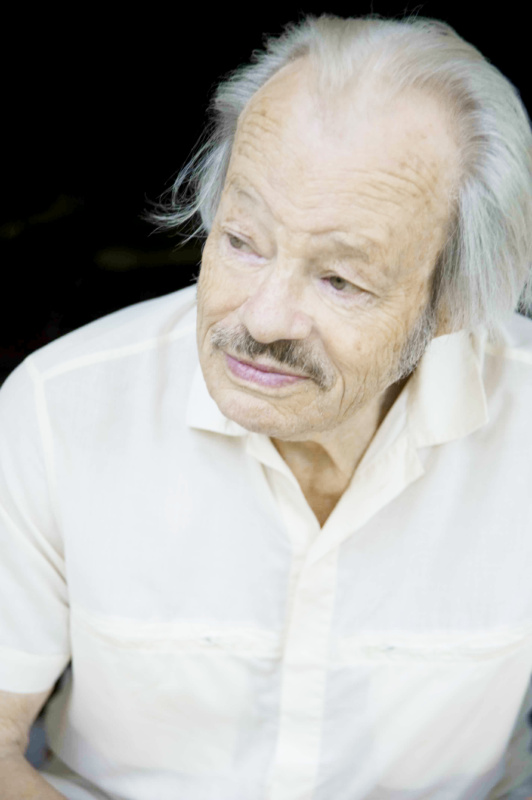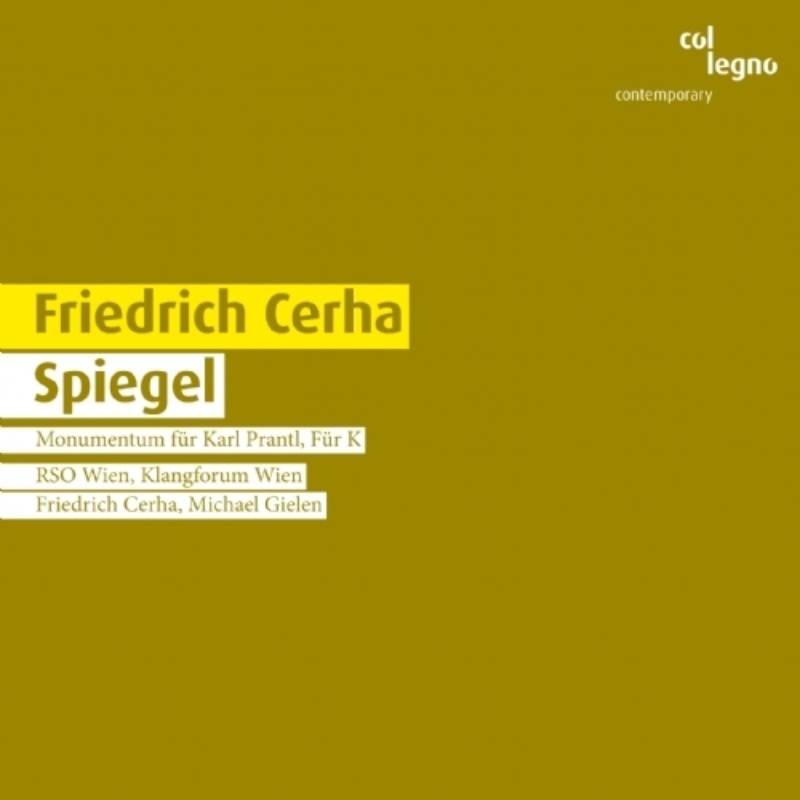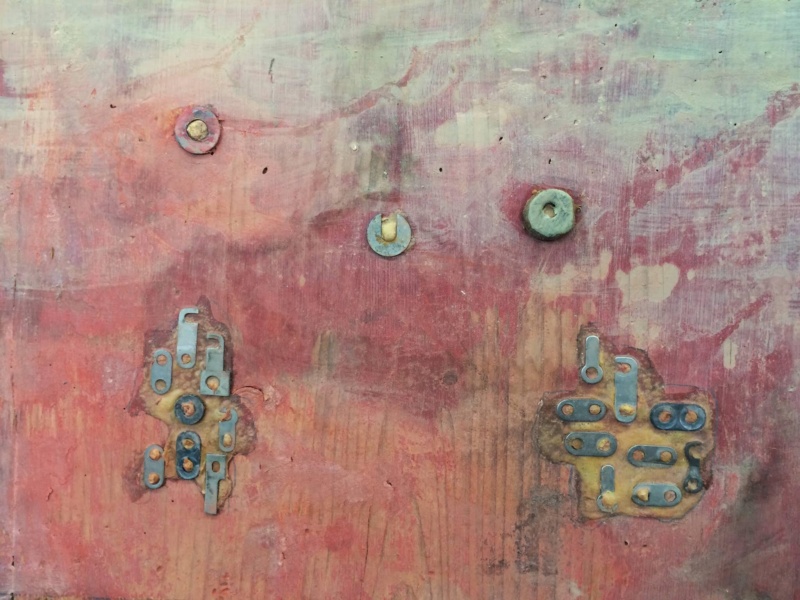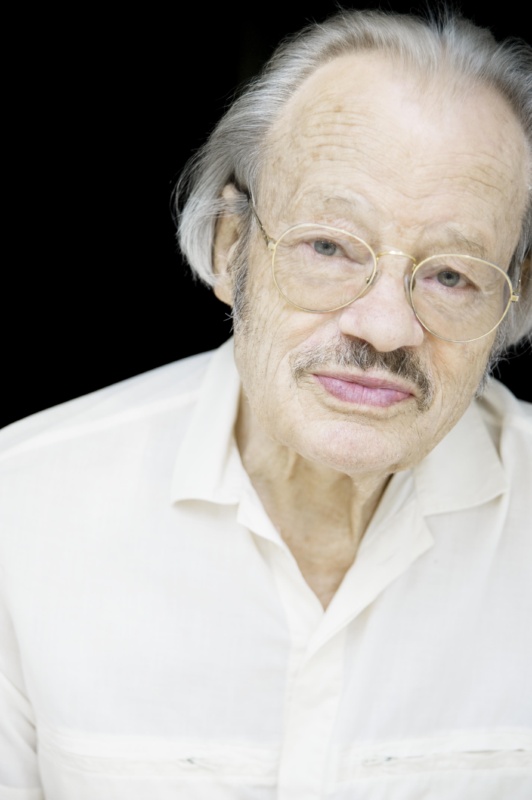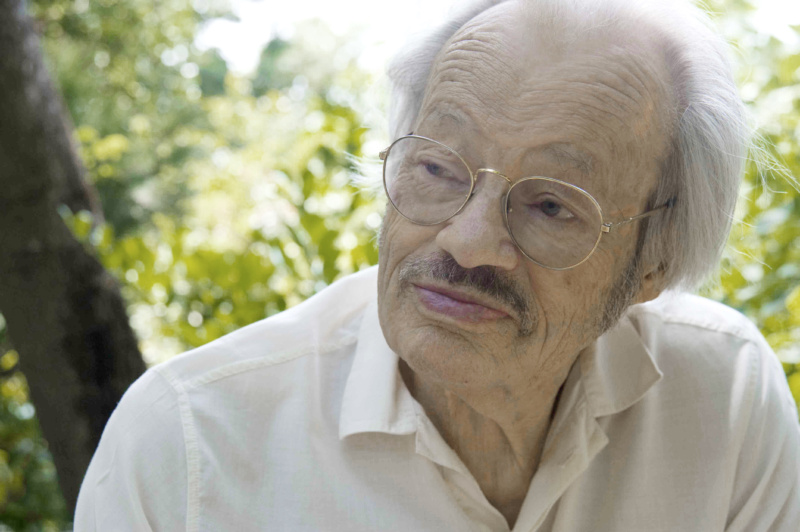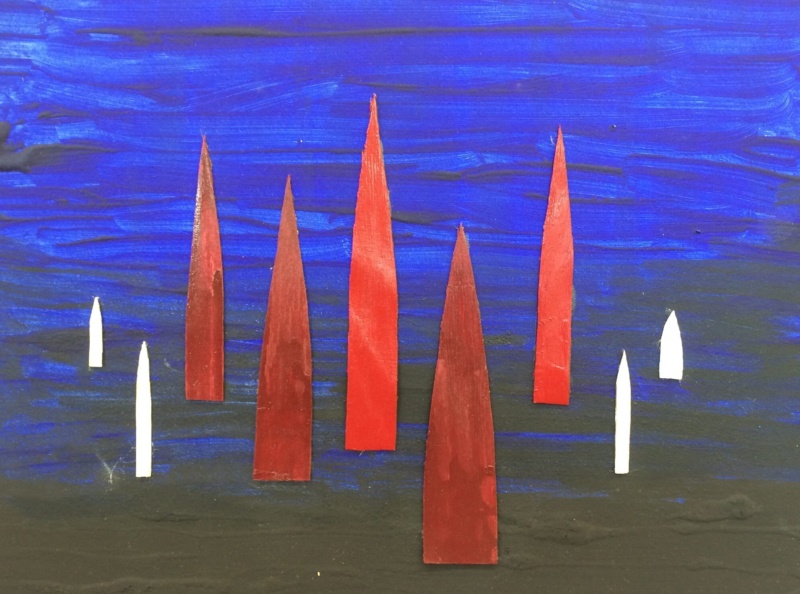Friedrich Cerha has written over 250 works in various genres, from solo to opera. In the list of main works you will find a selection of the most important compositions from all creative periods.
In addition to this selection of main works, we have assembled all compositions, including unpublished and withdrawn works, in the detailed work catalogue. You can search the database according to various criteria, e.g. by category, title, year, duration or number of performers.
